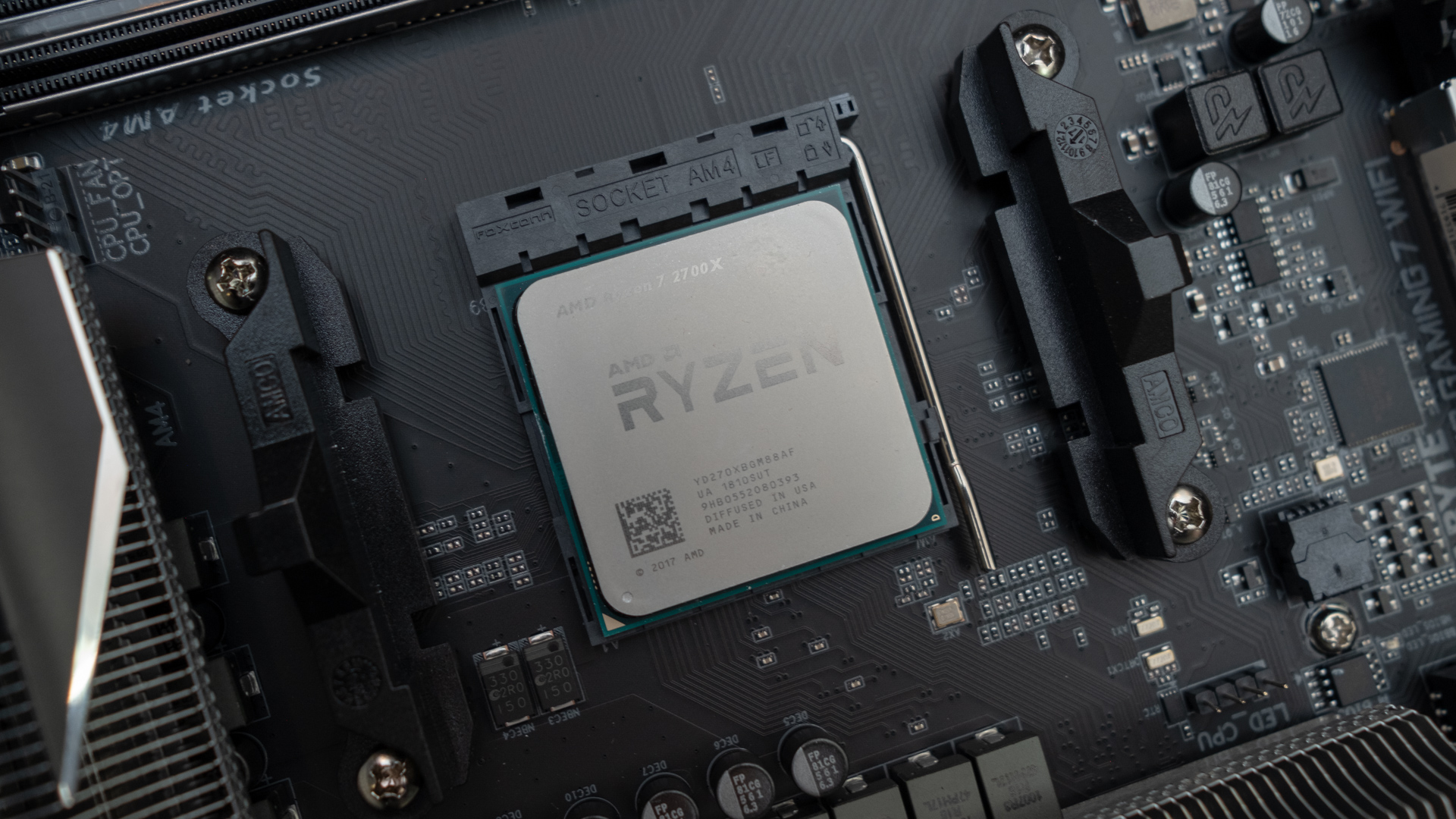AMD won’t stop loading up Ryzen CPUs with even more cores
Next mainstream flagship processor to have 32-cores?

How many CPU cores is too many? That’s a tricky question with no straightforward answer, but whatever your view might be on the subject, AMD isn’t about to stop upping the ante when it comes to loading up mainstream Ryzen processors with more cores.
This comes from AMD’s CTO Mark Papermaster, who was interviewed by Tom’s Hardware and questioned on a number of issues, including whether continuing to push core counts hard makes sense.
- Intel CPUs aren't safe unless you disable hyper-threading?
- AMD Ryzen CPUs are crushing Intel going by Amazon sales
- Best CPU cooler 2019: top CPU coolers for your PC
Of course, the freshly released Ryzen 9 3950X already introduced 16-cores to the mainstream space – albeit that’s the top-end for consumers, of course – but isn’t 16-cores enough? Is doubling that up again simply making a big core count (“moar cores!”) statement that’s just for the sake of it, and more about marketing and selling chips, than it is about actual usefulness to PCs in the real world on a consumer level?
Absolutely not according to Papermaster. When he was asked whether it made sense to push forward with a 32-core Ryzen CPU aimed at mainstream users, he replied: “I don’t see in the mainstream space any imminent barrier, and here's why: It's just a catch-up time for software to leverage the multi-core approach. But we're over that hurdle, now more and more applications can take advantage of multi-core and multi-threading.”
He added: “In the near term, I don’t see a saturation point for cores. You have to be very thoughtful when you add cores because you don’t want to add it before the application can take advantage of it. As long as you keep that balance, I think we'll continue to see that trend.”
So there’s no saturation point for cores coming in the near future, with the balance roughly being kept between software needs and hardware capabilities – which would seem to indicate that we can expect a 32-core consumer Ryzen CPU before too long (given that 64-cores is the point AMD has now reached with its Epyc server processors).
Naturally, the argument about how many cores a consumer chip needs really depends on what the user is doing with their PC, and what sort of software applications are being employed.
Get daily insight, inspiration and deals in your inbox
Sign up for breaking news, reviews, opinion, top tech deals, and more.
Chicken-and-egg
One of the key points in successfully moving forward is having software that's written and optimized to work well on these many-core CPUs – but at the same time, the silicon needs to exist before that will happen, in a kind of chicken-and-egg situation.
So you can certainly argue that it’s good to see AMD driving forward with these sort of beast CPUs to encourage developers in that respect.
That said, for the average user and the software they might run, or games they might play, do they really need a 32-core mainstream chip? Probably not, realistically, but then as these sort of chips proliferate, the same argument as for software development holds true for game devs being encouraged to push forward and utilize these hardware resources. And those who are gaming and streaming (and maybe running other tasks too), for example, will doubtless benefit from such beefy CPUs.
In the rival camp, Intel has (unsurprisingly) argued against the need for processors bristling with cores in gaming, with the company’s chief performance strategist Ryan Shrout recently observing that “8-cores is the optimal spot for performance scaling in modern PC gaming”, and that “clock speed is what feeds the hungry primary threads of game engines today!”
Indeed, whispers on the CPU grapevine indicate that Intel is actually heading in the other direction than AMD with cores, with its 11th-gen Rocket Lake-S desktop processors rumored to drop to 8-cores, from 10-cores with 10th-gen Comet Lake-S (which launches next year on desktop).
Rocket Lake will be the last of Intel’s processors to be built on its existing 14nm process, with the company then shifting to 7nm (although by that time, AMD may have already transitioned to 5nm going by a report we highlighted earlier today).
Darren is a freelancer writing news and features for TechRadar (and occasionally T3) across a broad range of computing topics including CPUs, GPUs, various other hardware, VPNs, antivirus and more. He has written about tech for the best part of three decades, and writes books in his spare time (his debut novel - 'I Know What You Did Last Supper' - was published by Hachette UK in 2013).